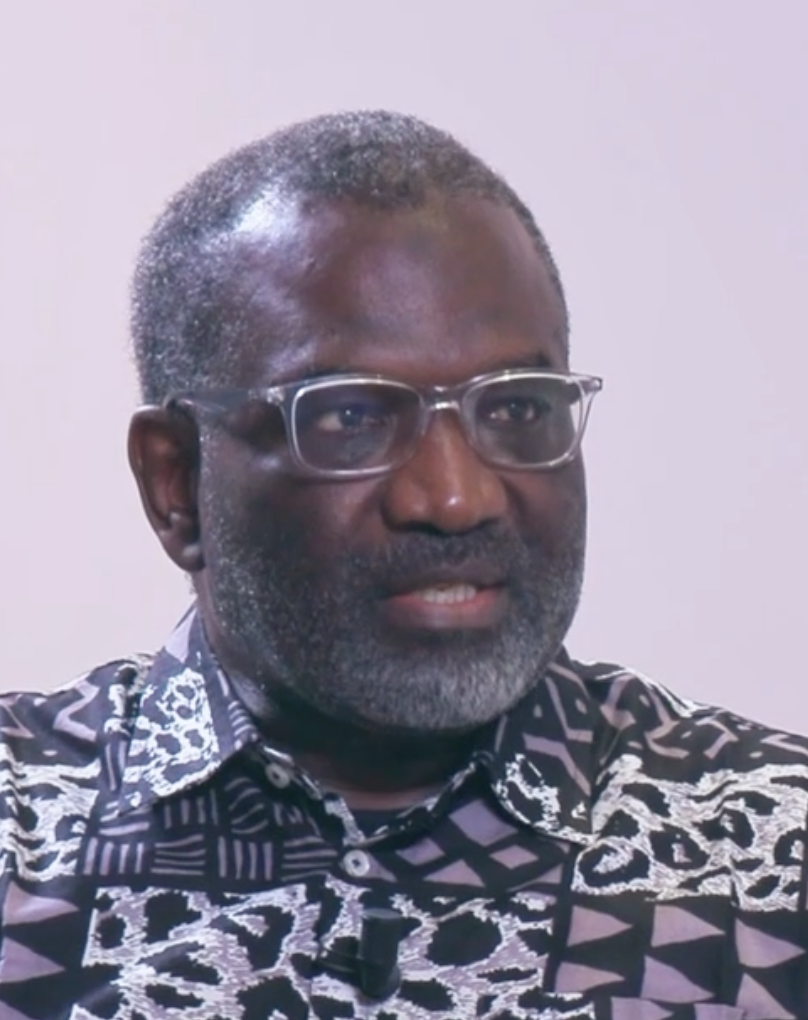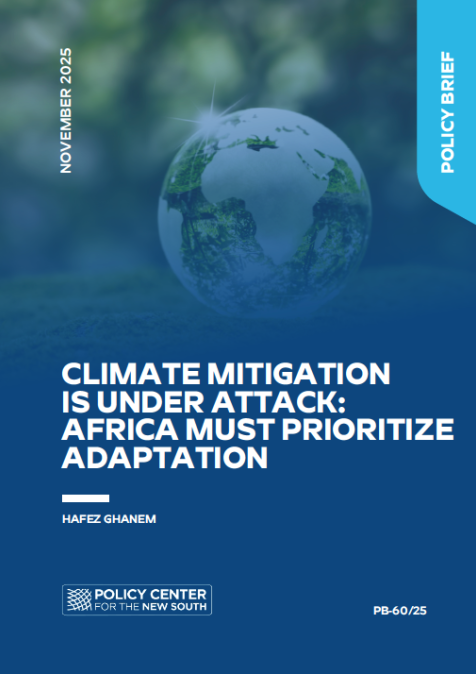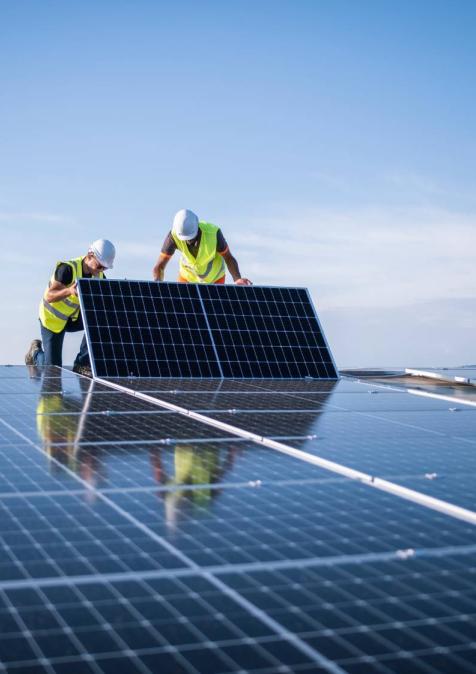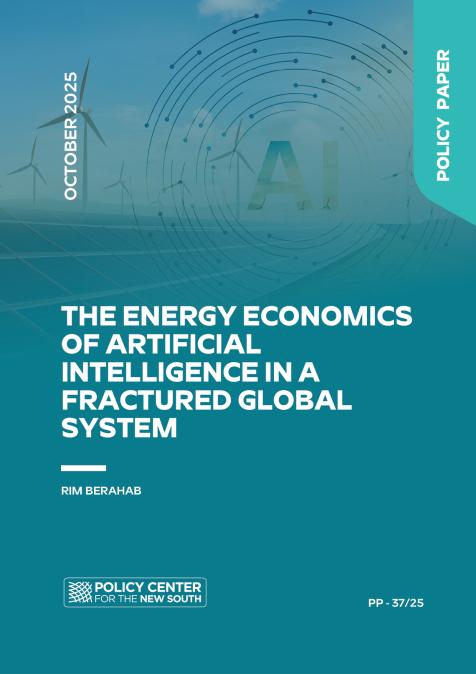In this episode, we explore Africa's bioeconomy agendas with Dr. Ousmane Badiane, Executive Chairperson of AKADEMIYA2063. We discuss how African nations are aligning with the Paris Agreement to address climate change impacts on food systems, the commitments made at COP28 related to climate finance for sustainable agrifood systems, and successful examples of incorporating bioeconomy principles into national policies. We also explore the role of renewable energy in strengthening food systems and the collaborative frameworks necessary to support this transition under the Global Green Agenda.
Speakers

Ahmed Ouhnini
Economist, Policy Center for the New South
Ahmed Ouhnini is an Economist at the Policy Center for the New South. His research area covers agricultural economics, human and social development. Previously, he has worked as a researcher at the Paris School of Economics (PSE) and has also a record of working in consulting services in Morocco. Ahmed holds an engineering Diploma in Agriculture and Rural Development from the National School of Agriculture of Meknes and a Master’s Degree in Law, Economics and Management from the Paris 1 Pantheon Sorbonne Institute of Development.
...










